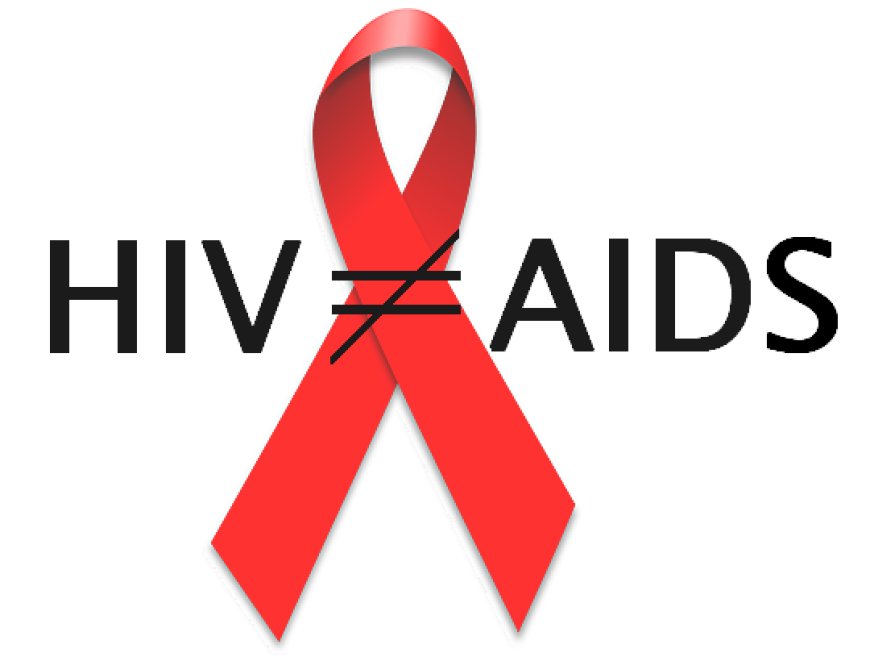160,000 Lagos residents living with HIV – Govt

The Lagos State Government has revealed that an estimated 160,000 residents are currently living with the Human Immunodeficiency Virus.
The Lagos State AIDS Control Agency made this known during its World AIDS Day 2025 press briefing held on Thursday.
Presenting the state’s progress report before journalists at Alausa, Ikeja, the Chief Executive Officer of LSACA, Dr Folakemi Animashaun, said the figures reflect the latest estimates from January to September 2025.
“As of January to September 2025, Lagos State currently has an estimated 160,000 residents living with HIV, of whom 147,466 persons are on antiretroviral treatment,” she said.
Animashaun commended the leadership of Governor Babajide Sanwo-Olu, noting that his support “strengthens both our health systems and community networks, ensuring that every effort to prevent, detect, and treat HIV is empowered and sustained.”
The year’s theme, “Overcoming Disruptions: Sustaining Nigeria’s HIV Response,” she said, mirrors the realities faced in Lagos, especially following the Stop Work Order issued by the United States Government, which disrupted community-level HIV interventions.
The report in March that the United States Government terminated its agreement with the Joint United Nations Programme on HIV/AIDS, an innovative joint venture of the UN family which leads the global effort to end AIDS as a public health threat by 2030 as part of the Sustainable Development Goals.
US President Donald Trump, earlier in January, issued an Executive Order called “Reevaluating and Realigning U.S. Foreign AID” which ordered a 90-day freeze of all foreign aid pending a review of assistance efforts to ensure alignment with current U.S. foreign policy.
According to Animashaun, the order significantly slowed testing and counselling activities.
“These pauses in community activities slowed essential interventions, limiting access to testing, counselling, and psychosocial support,” she said, warning that vulnerable groups felt the impact most.
During the reporting period, the state conducted 222,415 HIV tests, representing just 28.9 per cent of last year’s testing output, further highlighting the impact of the disruptions.
Animashaun emphasised that the decline “reinforces the need to sustain engagement, early testing, and strong community support.”
Despite the setbacks, she lauded community groups for adapting swiftly and restoring services.
“Their unwavering commitment has allowed Lagos to regain lost momentum,” she noted
According to her, the agency’s ongoing Statewide Community HIV Testing Campaign, which began on November 18, has tested 9,943 residents, with a 2.0 per cent positivity yield, all of whom have been linked to care.
“Women are showing strong participation, particularly in Ikorodu, Badagry, Ojo, and Mushin, demonstrating the success of market-based and community-cluster strategies.
“Positive cases have been identified across multiple LGAs, confirming that HIV remains a disease of public health concern in the state,” she added.
Animashaun also spotlighted the state’s intensified anti-stigma efforts and outlined activities lined up for the World AIDS Day commemoration, including a Jumat service, a novelty football match, church outreach, an awareness walk, and a stakeholder symposium.
“Together, we can sustain the HIV response for a healthier, stronger Lagos,” she concluded as she called for collective action to tackle the menace.

 admin
admin 


